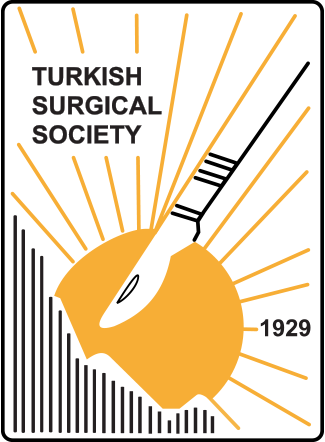Abstract
Brattle-Boro type rats with average weight of 200gms were used for the experiment. 5 groups with 10 rats in each was established. Group I was the control group, Group II pancreatic trauma group and Group III rats were the pancreatitis group induced by %50 alcohol. Groups IV and V were the groups in which octreotide were injected in different time intervals after induction of pancreatitis by %50 alcohol. The amylase values were statistically significant between the control group and the experiments (t2=4.69 p<0.0001, t3=8.06 p<0.0001, t4=4.23 p<0.002, t5=4.3 p<0.001), and it was also significant between Group III and the Groups II, IV, V (t2=9.62 p<0.0001, t4=0.26 p<0.0001, t5=3.69 p<0.005), but it was not found significant between the Groups II and IV, V (t4=0.52 p<0.6, t5=1.69 p<0.1). The histopathologic examination of the trauma, pancreatitis and SMS 201-995 injection groups showed the same degenarative findings (vacoulisation, minimal lenfomonositer infiltration, congestion and ductal dilatation). As a conclusion SMS 201-995 is not effective in preventing the ungoing pathology of pancreatitis but the increasing values of the amylase was limited on the level of simply induced traumatic pancreatitis. It may be usefull in the supression of the enzymatic production during the course of pancreatitis.



